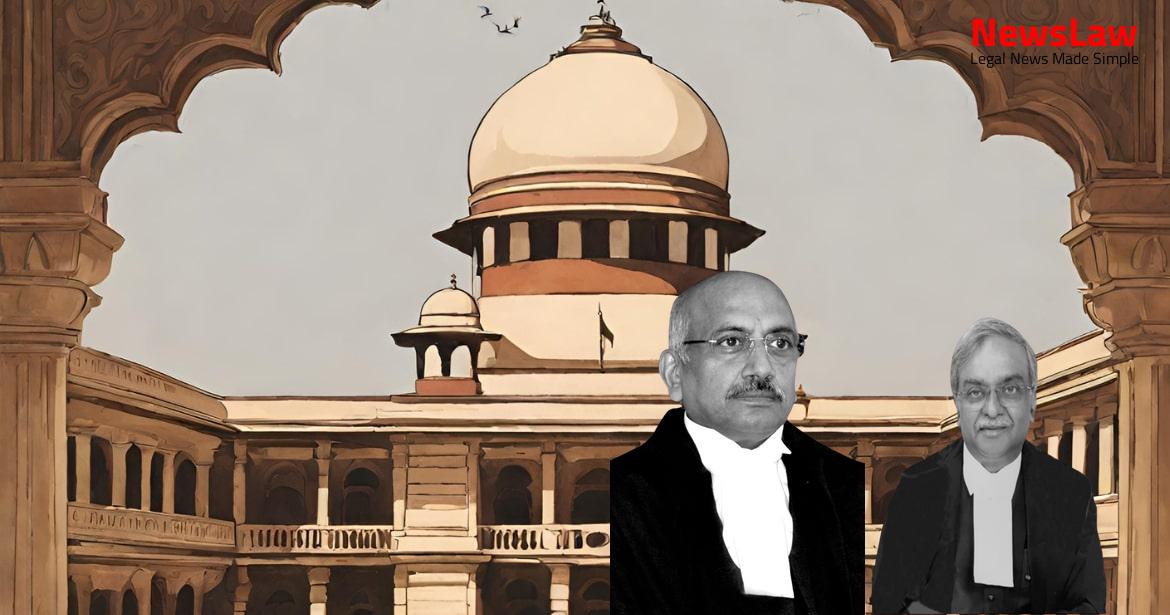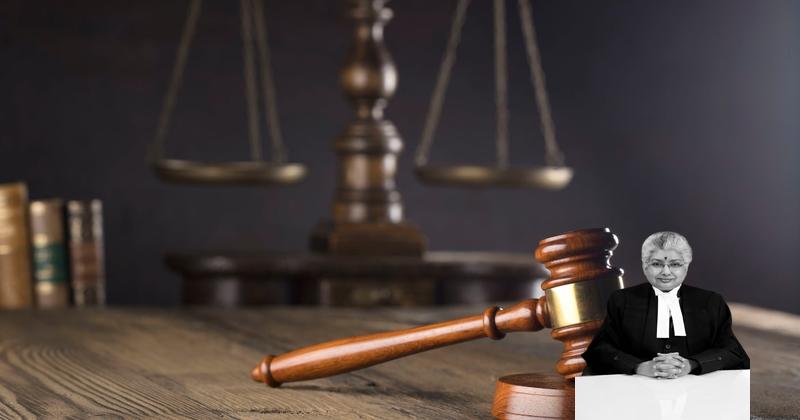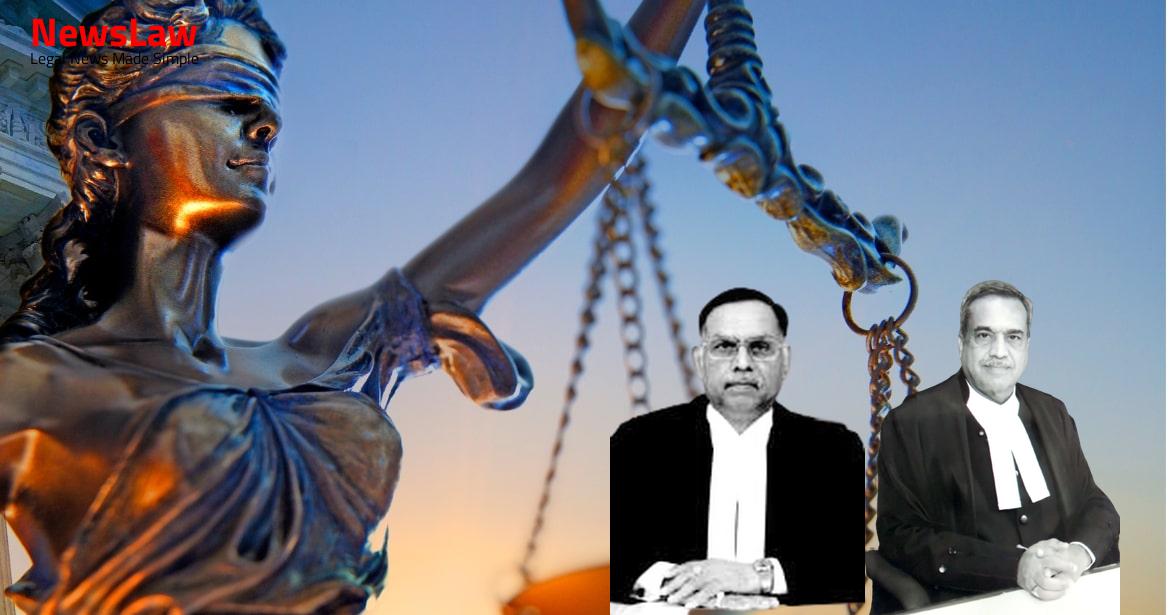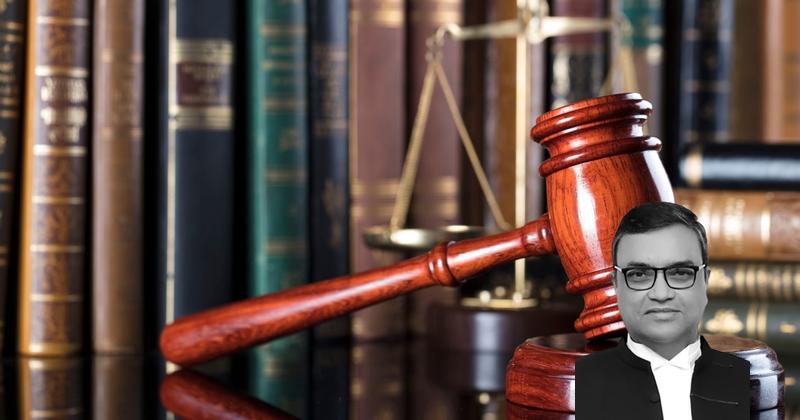Unravel the intricate legal analysis conducted by the court in a recent case involving the irrevocability of gifts and the burden of proof in a contentious land dispute. The court’s assessment of evidence, including the validity of State documents, and the application of legal principles shed light on the complexities inherent in such cases. Stay tuned to understand the nuances of the court’s findings and the implications for future legal proceedings.
Facts
- The Trial court decreed the suit in favor of the State of U.P. in Original Suit No. 1 of 1964 against Smt. Farooqi Begum regarding a government grove known as ‘Bagh Hazoor Pasand’.
- The defendant’s possession of the grove was disputed after it was resumed by the State Authorities and the revenue records were corrected to reflect State ownership.
- The defendant claimed ownership based on her name being continued in the revenue records illegally, leading to the necessity of the suit by the State of U.P.
- The defendant denied the allegations in the written statement and relied on the Zamindari Abolition and Land Reforms Act, 1952 to establish her title.
- The First Appeal filed by the defendant was dismissed by the IInd Additional District Judge, Rampur, leading to the Second Appeal before the High Court.
- District Judge allowed the amendment dated 01.11.1965 and remanded the matter to the Trial Court for a fresh decision.
- After remand, Trial Court framed additional issues and allowed parties to present evidence.
- Trial Court decreed the suit but rejected the belatedly filed amendment application.
- Defendant appealed the judgment, which was transferred to the Court of District Judge, Rampur.
- Single Judge of Allahabad High Court dismissed the Second Appeal.
Also Read: Balancing Private Grievances and Public Interests
Issue
- Issue of whether an unconditional gift by a husband to his wife during marriage is irrevocable has not been addressed
- Failure to consider this issue has led to a serious injustice
Also Read: Quashing of Criminal Proceedings Based on Insufficient Allegations
Arguments
- Plaintiff-respondent failed to prove their case as no evidence supported their claim.
- Despite lack of evidence, the suit was decreed.
- Gift by a Muslim husband to his wife during marriage is irrevocable.
- Defendant-appellants claim continued possession since 1924 when the grant was given.
- The courts below relied on the Muafiat Register as it was a State document with no reason for interpolation.
- There was no other supporting document regarding the presumption of the land in question.
- Counsel for the appellants argued that there was no credible evidence to prove the resumption of the grant.
- The learned counsel for the appellants claimed grave injustice was done to the appellant based on the court’s findings.
- Prima facie, it appears that there was no evidence to support the resumption of the grant.
- Learned counsel for the appellant raised two objections for not relying on the Muafiat Register.
Also Read: Reversal of Acquittal: High Court Convicts Accused in Murder Case
Analysis
- The respondent’s suit was based on the claim that a grant given in 1924 was resumed in 1930 by the successor.
- The appellant re-entered possession in 1959 due to a record-keeping oversight, leading to the lawsuit.
- Attempts to correct records through revenue courts were initially rejected in 1953.
- Key point to prove: resumption of the grant in favor of the appellant.
- No evidence provided on the resumption order or its incorporation in revenue records; records allegedly destroyed in a fire in 1947.
- The defense highlighted record loss due to fire.
- Plaintiff’s evidence was considered vague, lacking specificity and not strongly supported.
- Decree was given in favor of the plaintiff despite insufficient evidence.
- Plaintiff mainly relied on a true copy of the Muafiat Register and witness statements.
- The matter requires reconsideration by the High Court
- The High Court erred by not considering relevant material
- The High Court relied on inadmissible evidence
- The High Court failed to scrutinize the evidence on record
- The burden was wrongly placed on the defendant-appellant
Decision
- The matter is remitted back to the High Court.
- The appeal deserves to be allowed.
- Undertaking to extend all cooperation in the hearing of the appeal before the High Court.
- The judgment of the High Court impugned in the appeal is set aside and allowed.
- Learned counsel for the parties can raise all points before the High Court.
- The Second Appeal is restored to its original number for fresh hearing and disposal.
Case Title: FAROOQI BEGUM (D) BY LRS. Vs. THE STATE OF UTTAR PRADESH (2022 INSC 707)
Case Number: C.A. No.-001534-001534 / 2009



